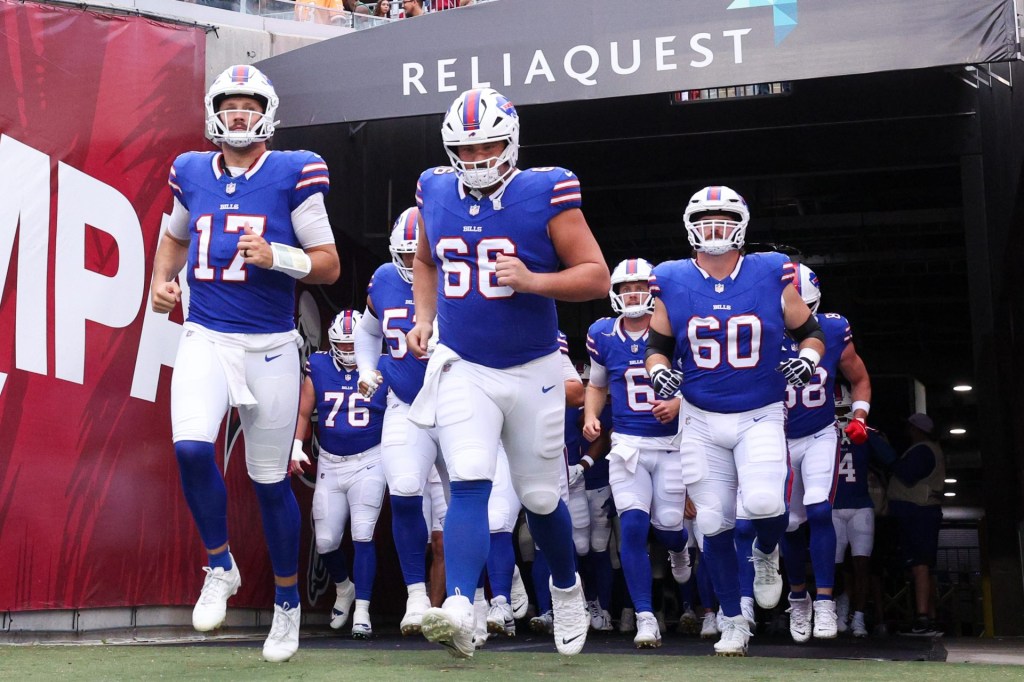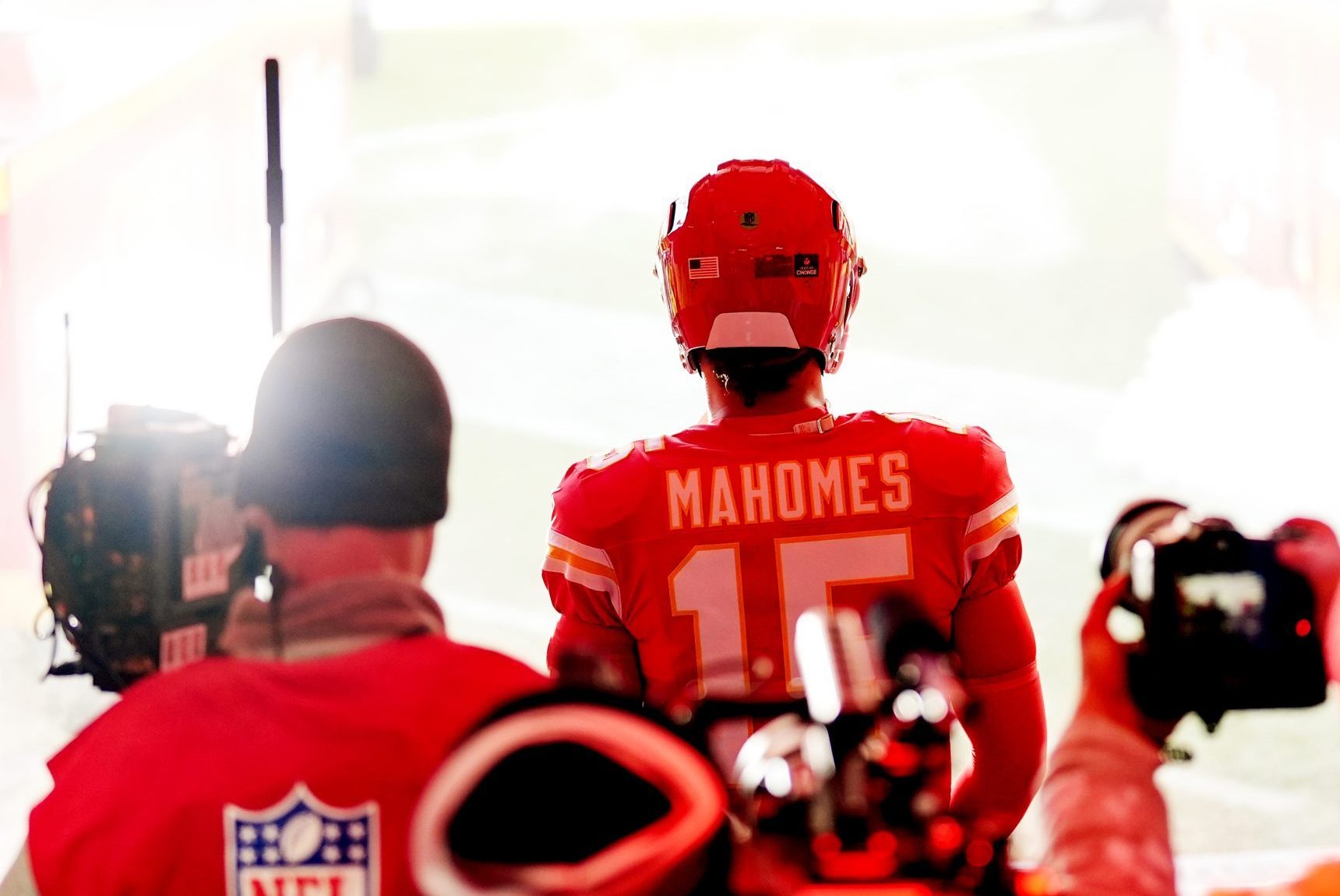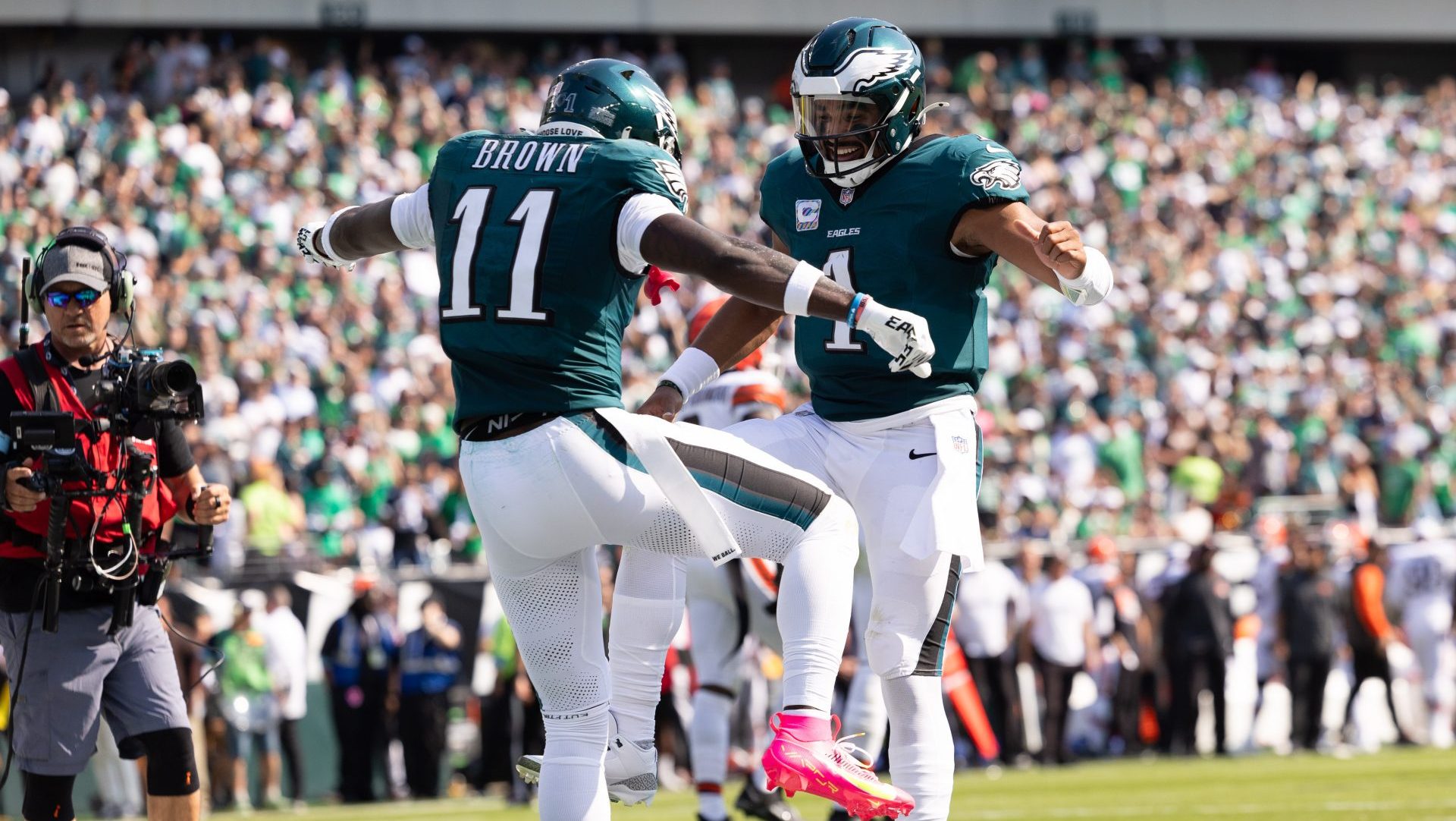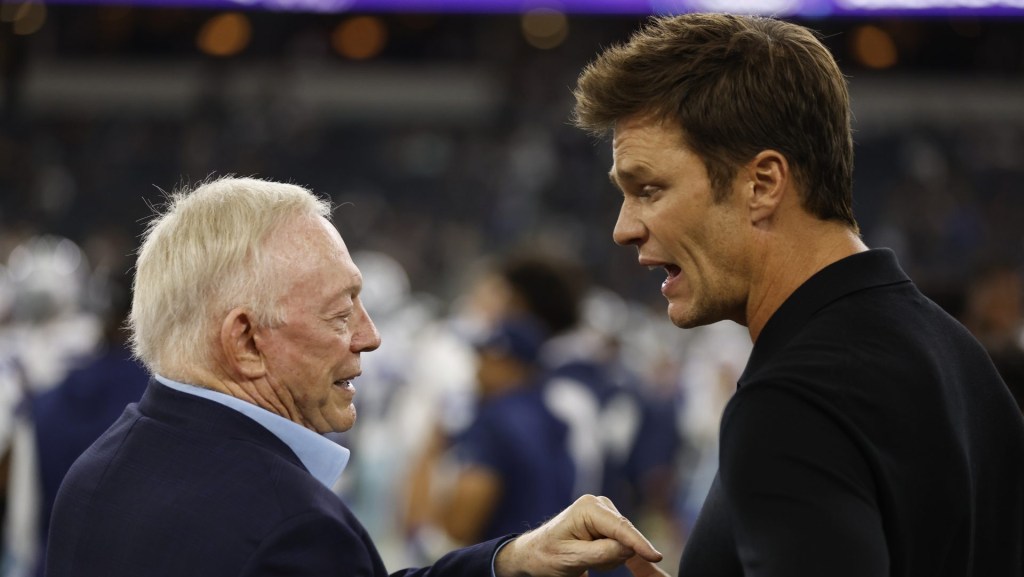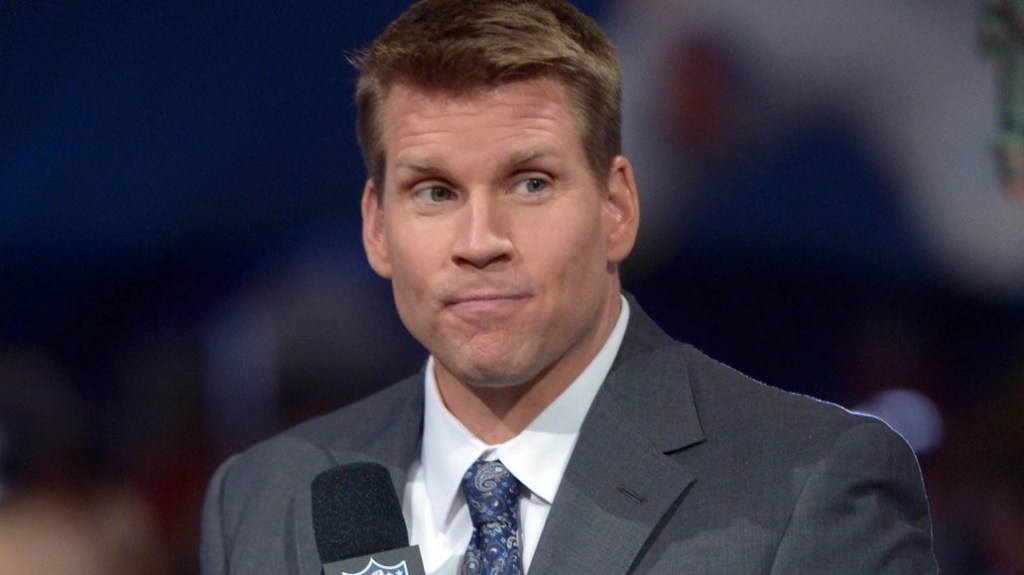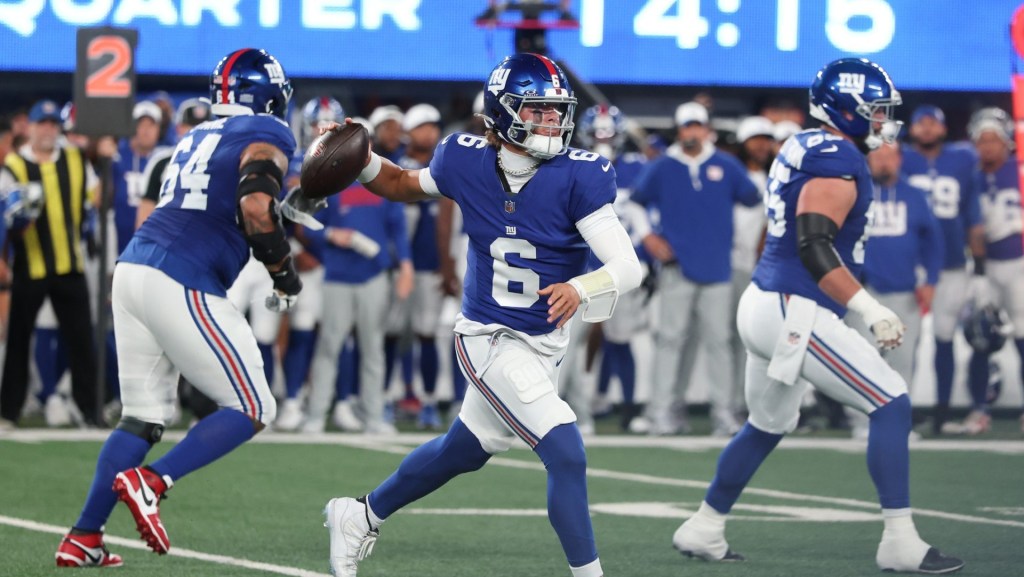The NFL became the last of the major U.S. pro leagues to accept private-equity investment when owners voted 31–1 last summer to approve a policy that allows firms to buy minority stakes. The Bengals were the only team to vote against the policy.
One year later, though the league hasn’t exactly experienced a PE takeover, three teams—the Dolphins, Bills, and Chargers—have added investors. The league is touting its policy as a win.
The NFL’s guidelines are pretty restrictive. For starters, only a select group of PE firms has been approved to invest: Arctos Partners, Ares Management, Sixth Street Partners, and a consortium that includes Carlyle Group, Dynasty Equity, and Ludis, the latter of which was founded and is led by Pro Football Hall of Famer Curtis Martin. Blackstone Partners and CVC Capital were originally part of that consortium, but in May they removed themselves from the group.
Additionally, PE stakes in NFL teams are completely passive. Firms get no voting power, governance rights, or influence in decision-making. The league requires a minimum of six years for PE investment and can force the sale of an equity stake if a firm violates these terms.
PE firms can own up to only 10% of a team, and if more than one firm wants to buy a stake in the same franchise, their collective stake cannot exceed 10%. That’s different from the other major U.S. leagues; the NBA, NHL, and MLS all cap a team’s collective private-equity ownership at 30%; MLB caps it at 20%. Individual PE funds can buy up to 20% stakes in NBA, NHL, and MLS teams, and 15% in MLB teams.
The only firms that have reached deals are Arctos, which took 10% stakes in the Bills and Chargers, and Ares, which purchased a 10% stake in the Dolphins.
Still, as the 2025–26 season kicks off, NFL spokesman Brian McCarthy tells Front Office Sports the policy has been a “tremendous success.”
“Private investment has provided clubs additional financial liquidity to invest in their stadiums and grow the game at home and abroad,” he says.
FOS reached out to all 32 NFL teams, as well as the league-approved PE firms, to get their takes on how the policy has worked thus far. Representatives for the Browns and Colts tell FOS they have not considered any PE investment. The Colts are “supportive of the private-equity policy.” The Chargers, Falcons, Cardinals, Cowboys, Vikings, and Giants declined to comment. Many teams did not respond. Carlyle and Sixth Street declined to comment, while all the other PE firms did not respond.
A source familiar with the Cowboys’ thinking says the team has not considered or had conversations with any PE investors. Jerry Jones has previously said “this is a win for the game.”
While most teams have stayed silent, the few public statements reinforce that outside investment is still selective and cautious, and the views of a number of team owners are clear from previous public comments.
Vikings owner Mark Wilf said last November that the team is “very supportive” of the policy but was not considering taking on PE investment. “For a lot of franchises, the liquidity is … really helpful,” he said. He added that he believes PE money is going to be “good for sports in general.”
Chiefs owner Clark Hunt said in February that his family was not actively exploring PE investment, although he is supportive of the policy, having been on the special exploratory committee that commissioner Roger Goodell appointed.
The consistent mantra is that while many teams are not actively considering private-equity investment, there is plenty of support for the policy. That’s no surprise given the overwhelming vote to approve it.
Still, questions remain. John Hutcheson and Ivo Voynov, who lead Citi’s sports advisory and financing group, told FOS earlier this year that while the trend of private-equity investment in sports should generally continue to grow, leagues and funds are still grappling with the exit piece.
“All these private-equity funds ultimately need to generate liquidity for [limited partners],” Voynov said.
“The exit piece is the riddle that hasn’t been solved,” said Hutcheson. “It’s easy to get in, but it’s not yet entirely clear how you get out.”
The NFL doesn’t seem concerned. Franchise valuations soared in the trio of equity sales for the Bills ($5.8 billion), Chargers ($5.3 billion), and Dolphins ($8.1 billion).
As for when and how the league might expand its PE policy, McCarthy is staying mum. “We are not going to provide our playbook,” he tells FOS.


